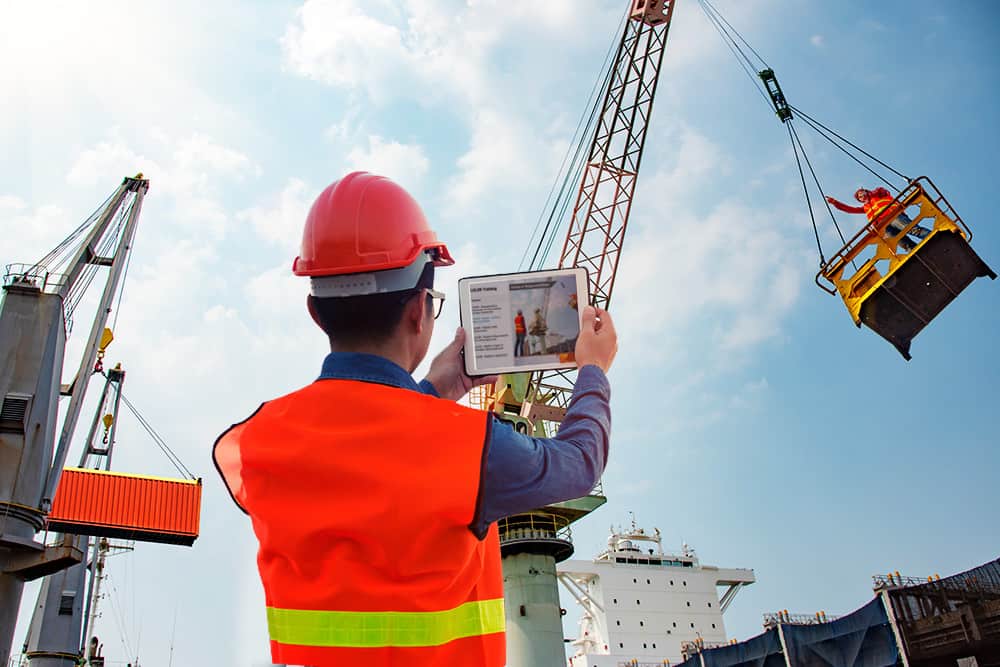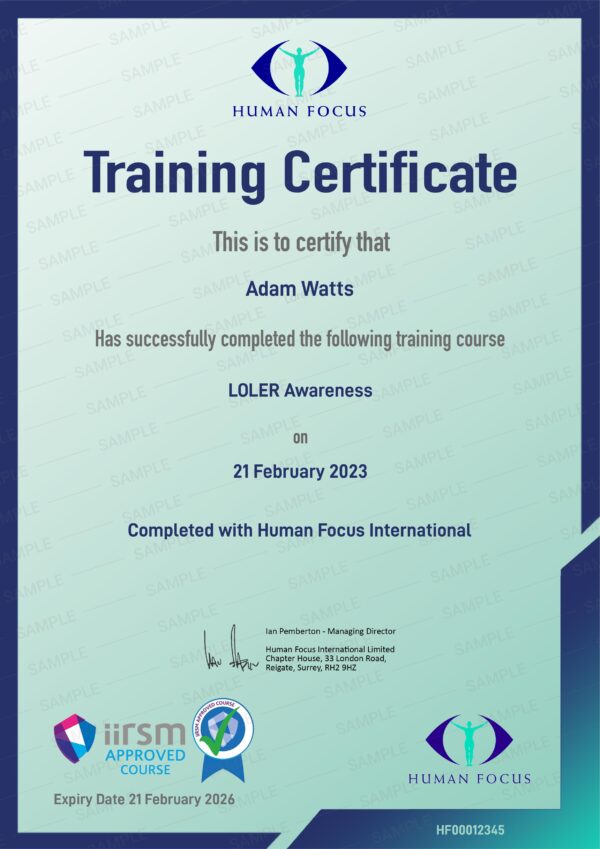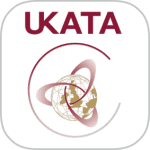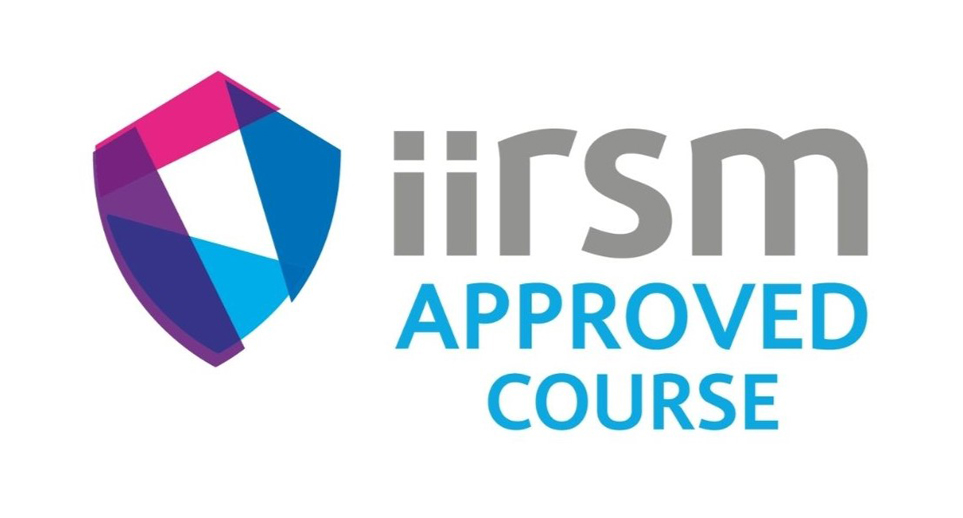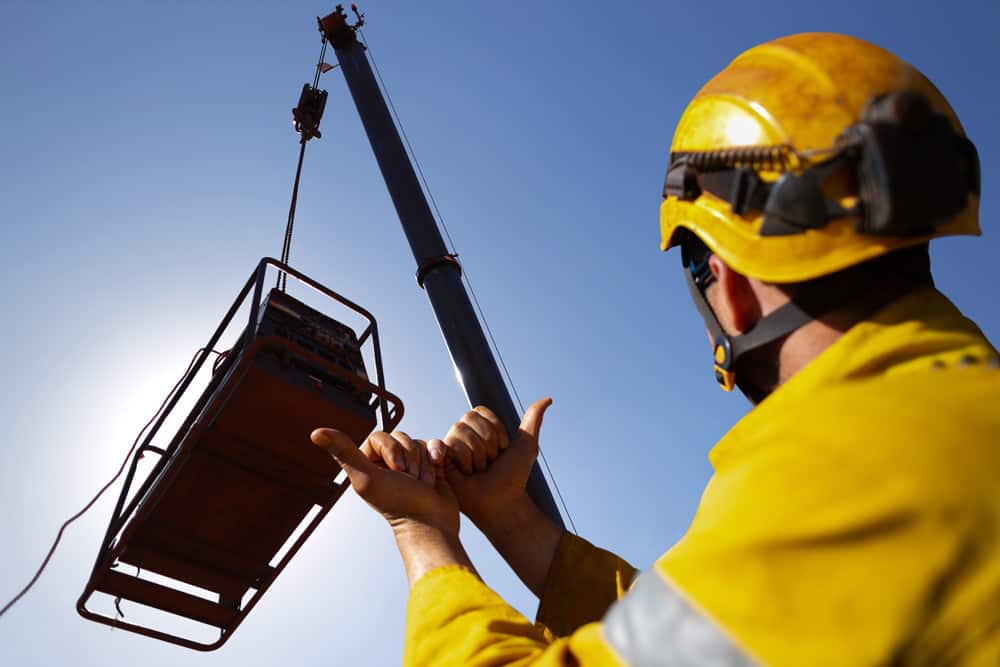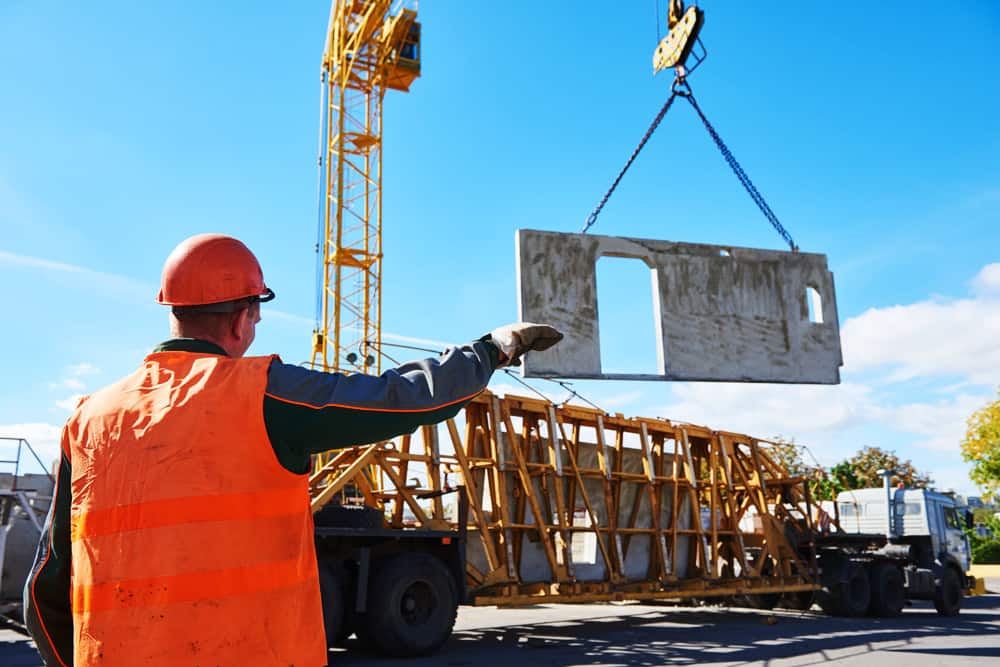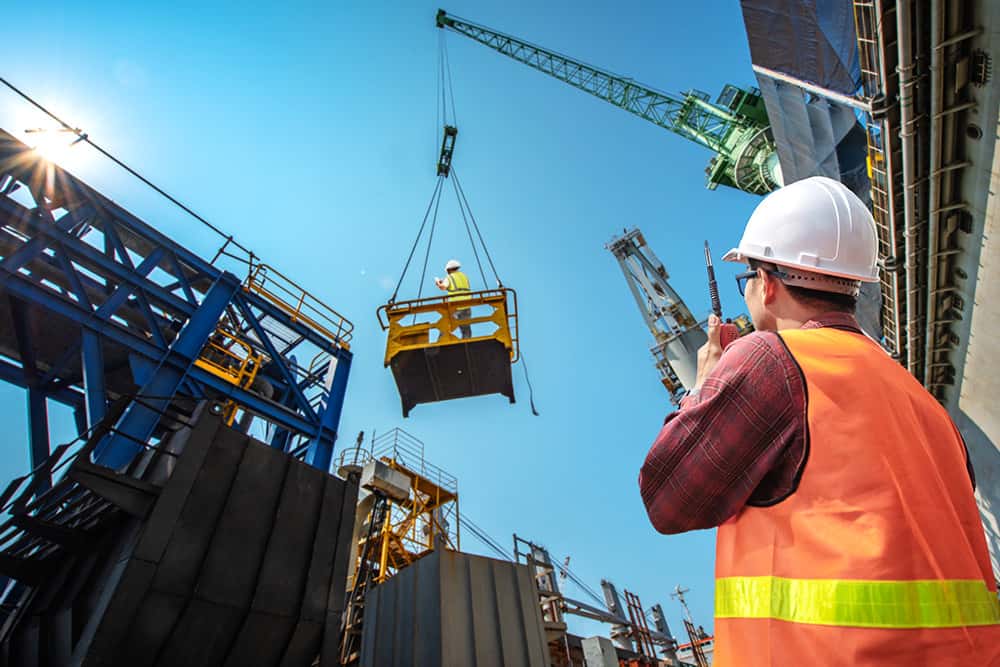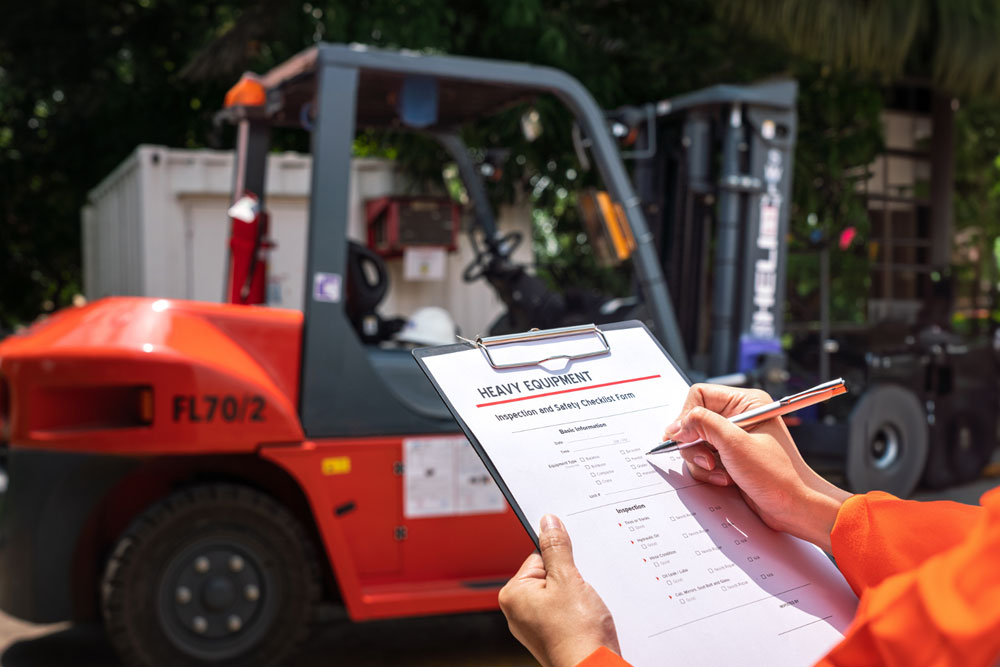This (Lifting Operations and Lifting Equipment Regulations 1998) LOLER training course provides users with an overview of this key legislation. LOLER is designed to ensure that all lifting operations in the workplace are completed safely. Anyone who works with lifting equipment of any kind, plans a lift or conducts lifting operations must understand this legislation. This course provides an understanding of the details of what’s included in these regulations and describes what must be done to ensure compliance.
LOLER Training
Course Duration: 40+ minutes
Course Preview
Course Details
| Course Duration | 40+ minutes |
|---|---|
| Approval body | IIRSM |
| Format | Fully online |
| Assessment | Multiple choice |
| Certification | Same-day digital certificate |
| Certificate Valid For | 3 years |
Suitable For
Course Content
This course contains the following sections:
- What Is LOLER?
- Suitability
- Strength & Stability
- Lifting Equipment for People
- Positioning & Installation
- Pre-use Checks
- Thorough Examinations & Inspections
- Maintenance & Storage
- Lift Plans
What You Will Learn
Available in 13 Languages
Course Approval Body
The course certificate includes:
- User name
- Company name
- Course name
- Completion date
- Expiry date
- Approval body
An IIRSM-approved certificate will be available for download and printing instantly upon course completion.
Users must complete an assessment before earning their certificate.
The end-of-course test is:
- Fully online
- Multiple choice
A score of 80% is required to pass.
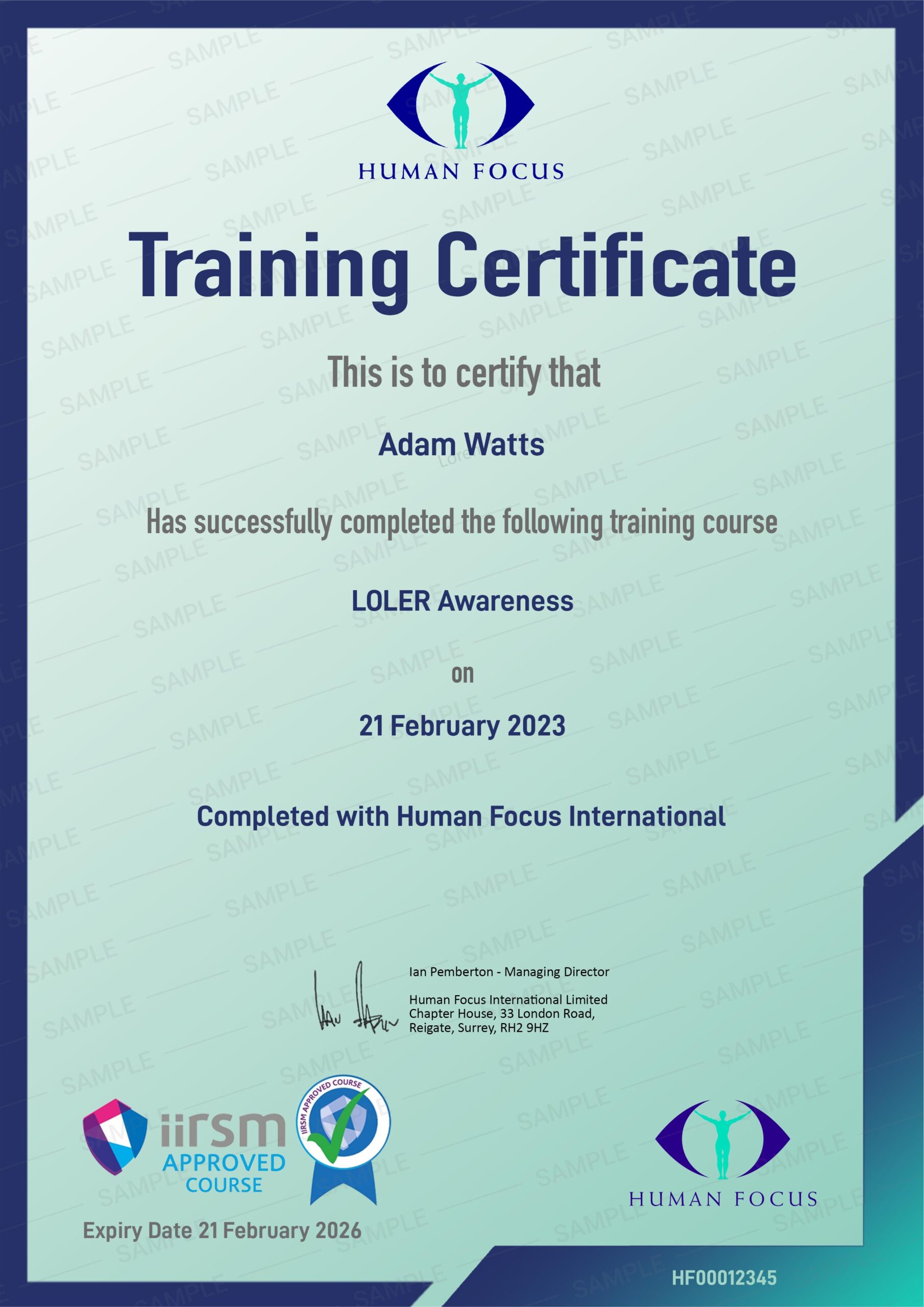
Customer Feedback
Why Is LOLER Training Important?
When lifting accidents occur, they can have severe consequences. Crane accidents have resulted in operators falling hundreds of feet to their death, cranes collapsing onto households and loads falling onto pedestrians. These types of accidents come with a cost in life, property damage and fines in the hundreds of thousands of pounds.
To protect against such incidents, employers must take steps to ensure their equipment is adequate, properly maintained and inspected. Providing LOLER and PUWER training is essential for employers that conduct lifting operations.
About LOLER Training
LOLER 1998 covers any equipment used for lifting operations and places legal duties on the employer to ensure operations are conducted safely. Lifting operations are conducted in a wide range of workplaces. They include cranes lifting heavy loads on construction sites, forklift trucks handling pallets of products in warehouses and nurses using slings to move patients in caretaking situations.
Under LOLER, employers must ensure any such lifting equipment is suitable, stable and correctly installed. Anyone conducting lifts must be appropriately trained and lifts must be appropriately planned. A failure to follow this legislation can result in significant fines.
It is important to note that not all lifting equipment is covered by the LOLER legislation, as it only covers lifting equipment used for work purposes. Escalators and customer lifts, for example, are not covered by LOLER.
This course provides users with a general understanding of this legislation and its contents. It is an awareness level course that can also serve as a prerequisite to more specific legislations, such as for personal safety equipment during lifting operations.
For anyone required to conduct LOLER inspections, LOLER competent person training is recommended.
